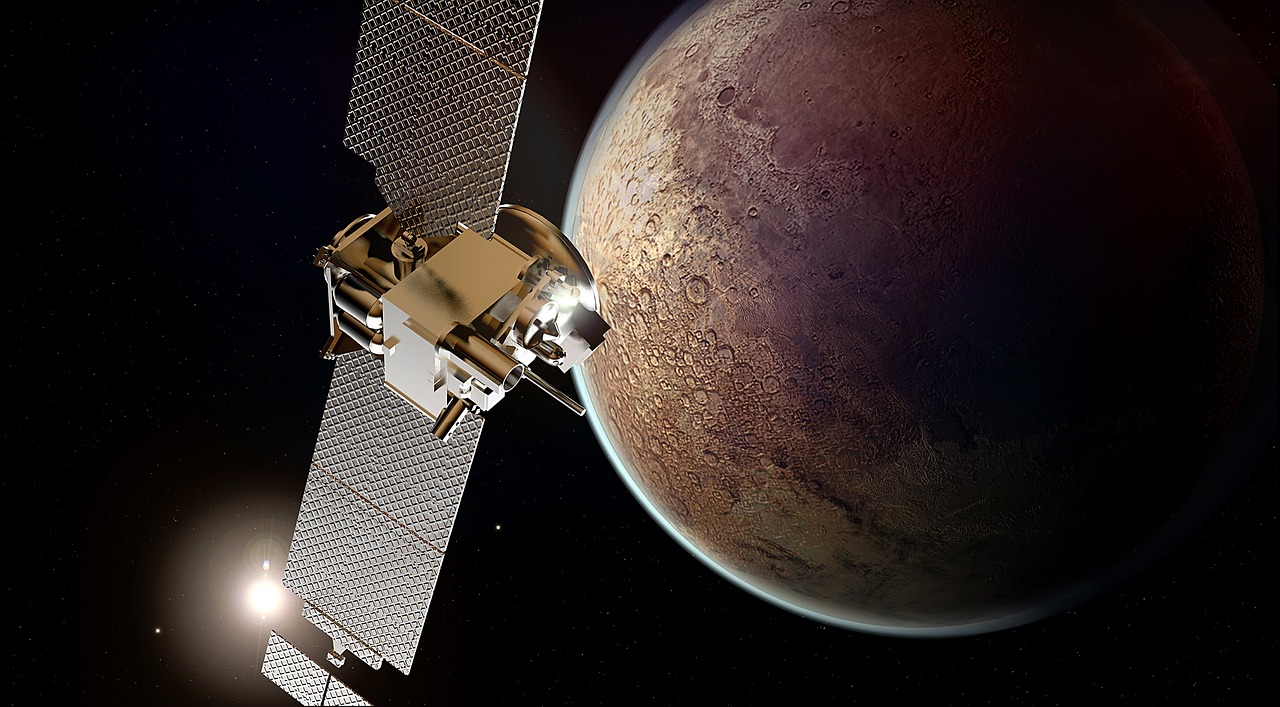
The first Arab space mission to Mars will be launched by the United Arab Emirates (UAE) several weeks from now, with fueling to begin next week.
The Hope space mission by the UAE will feature a probe that will travel 493 million kilometers for seven months to reach Mars and orbit around the red planet to gather and send back new data about its climate and atmosphere.
The space probe will orbit the planet for 687 days or an entire Martian year to collect sufficient information. A single orbit around Mars would take it 55 hours to complete.
The Hope space probe and mission
In a briefing held on Monday, Sarah Al-Amiri, the program’s science lead, said the project should be able to attract young Arab scientists to choose on a career in space engineering.
The robotic spacecraft, dubbed Named Amal meaning “Hope”, will launch from Tanegashima, a remote island in Japan during a narrow launch window on July 14. It will be powered by a rocket developed by the Japanese.
The spacecraft, which was assembled in Colorado, was sent to Japan but its engineers were placed in quarantine during the onset of the coronavirus pandemic, which threatened to delay the launch.
The probe will be carrying three types of sensors for measuring the complex make-up of Mars's atmosphere, including a high-resolution multiband camera for measuring the dust and ozone in the planet.
The second sensor, developed in cooperation with Arizona State University, one of the project's three US partner universities, will be an infrared spectrometer that will measure the lower atmosphere.
The last sensor will be an ultraviolet spectrometer to collect data on oxygen and hydrogen levels. Al-Amiri mentioned that one of the focuses of the research will be to examine how these two elements, essential for water, escape from the planet.
UK's Science Museum Group director Sir s pointed out that "a lot of missions have focused on geology, but this will provide the most comprehensive, holistic picture of Mars's climate".
UAE and space exploration
Although Saudi’s Arabia's Prince Sultan Bin Salman Al-Saud became the first Arab astronaut to go into space when he flew on the US space shuttle in 1985, the UAE has been involved in space missions in the past, sending satellites into the Earth's orbit and one of its astronauts to the International Space Station.
According to Monica Grady, professor of planetary and space science at Open University, the Mars mission represents a major change in an industry previously dominated by the world’s major powers.
Grady said: "It's a real step forwards for Mars exploration, because it shows that other nations - rather than the European Space Agency and NASA can actually go there - well we hope it will get there. Mars has a very long history of mission failures."
The ruler of Dubai, one of the seven emirates that make up the UAE, hopes the project would rekindle a sense of cultural pride among Arabs as they were right at the forefront of scientific discovery several centuries ago.
The Hope probe is expected to reach Mars in the same year that the UAE celebrates 50 years as a nation since its founding in 1971.






